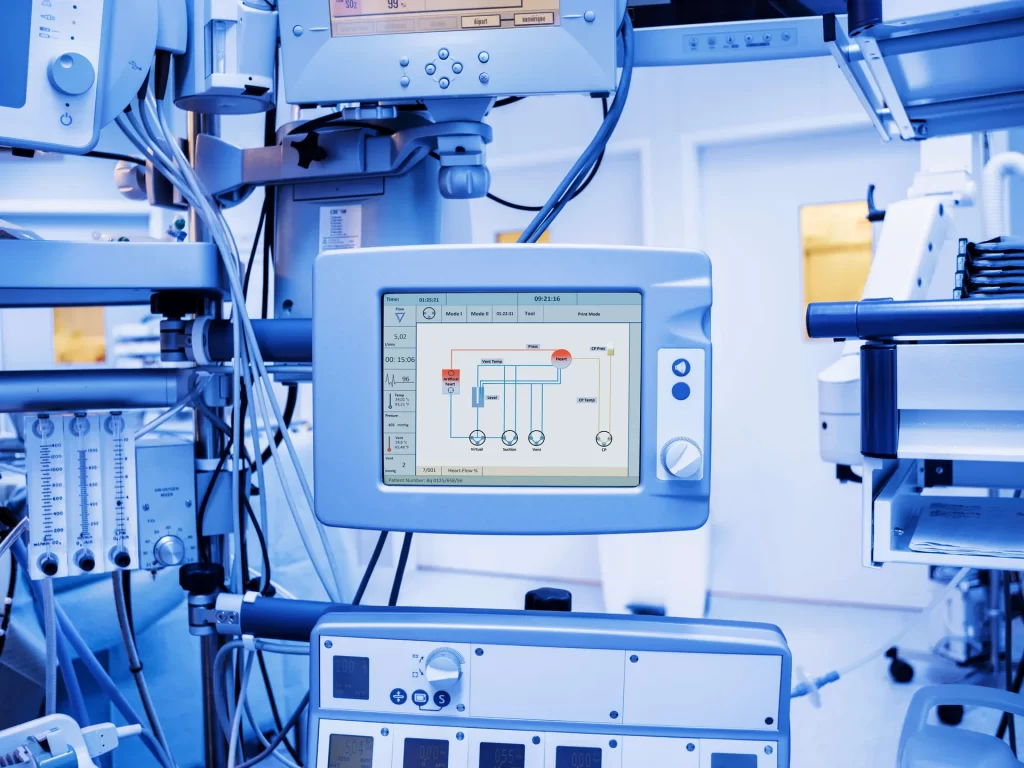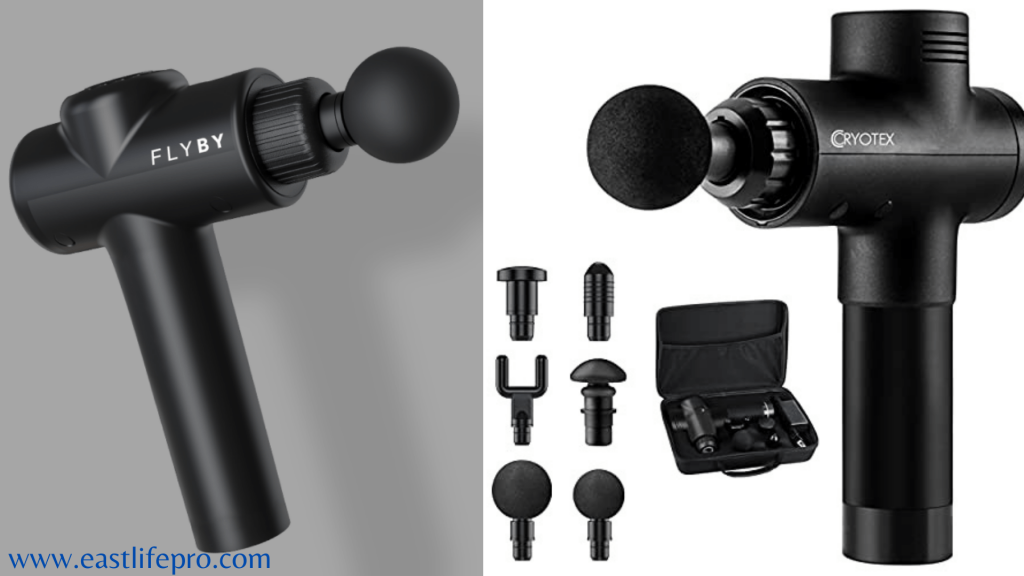The healthcare industry is booming these days and during the COVID-19 pandemic, the need for healthcare devices and equipment surged exponentially for better treatment. Most medical equipment and devices are made up of Nickel titanium, which is extensively known as Nitinol.
An advanced medical device is the backbone of the medical industry as the accurate and thorough diagnostic of a disease is necessary. Nitinol is used to make devices across various medical branches and it is widely used because of the unique properties of two combined alloys present in Nitinol.
What is Nitinol?
Nickel Titanium is also known as Nitinol. The name “Nitinol” name comes from the metal name Nickel and Titanium and the “NOL” stands for Naval Ordnance Laboratory. Nitinol is a metal alloy of Nickel and titanium with the two elements covering almost the same equal atomic percentage.
How Nitinol has changed the Medical Industry?
Nitinol is used across the medical field last 50 years in Dentistry, Endodontics, Colorectal surgery, Orthopedic implants, wires for locating Breast tumors, and many other medical fields. It is widely used in manufacturing various medical devices such as guidewires, filters, needles, catheter tubes, archwires, dental files, stone retrieval baskets, and other surgical instruments.
Nitinol medical devices offer several advantages over traditional devices, including improved flexibility, durability, and biocompatibility. However, there are some risks associated with Nitinol devices such as Nickel failure and device failure.
Some of the medical devices that are made up of Nitinol are used across the world such as
- Orthopedic Implants: Nitinol is used in orthopedic implants such as intervertebral spencer, bone anchors, and fracture fixation devices. One of the unique properties of Nitinol is shape memory and superelastic, can conform to the shape of the bone and withstand repeated stress and strain.
- Dental Archwires: Nitinol is widely used to manufacture dental equipment also. Nitinol archwires are used in orthodontics to align teeth. Its shape memory property allows it to return to its original shape after being deformed which results in providing a constant shape to the teeth in the fixed position.
- Stents: Stents made by using Nitinol are used to treat blocked arteries by expanding and supporting the walls of the vessels. These stents are self-expanding, which means they can be inserted into the vessel in a compressed form and then expand to their original shape when they reach the desired location. These stents are also very flexible which allows them to conform to the shape of the vessel and reduce the risk of damage.
What makes Nitinol suitable for manufacturing medical devices?
The unique properties of Nitinol make it a valuable material for medical devices and especially for those who require durability, strength, and flexibility. The unique properties of Nitinol are Shape memory undergoes a phase transformation in its crystal structure when cooled from the stronger, Austenite form which is high-temperature to the weaker Martensite form, low temperature. This inherent phase transformation is the basis for the unique properties of Nitinol such as Super elasticity and Shape memory.
New developments in Nitinol open up new pathways for manufacturers to create more advanced medical equipment and medical devices. The market of medical devices is going to boom in the coming years with the advanced technologies getting introduced every day across the globe. This can open new doorways for the further use of Nitinol in the global market.
Market Insights
The global nitinol-based medical device market was USD 14.7 Bn in 2022 and is projected to reach USD 30.8 Bn by 2031, expanding at a CAGR of 10.9% during 2023-2031. The market growth is attributed to the rising burden of chronic diseases and increasing preferences for minimally invasive surgeries.
The prevalence of chronic diseases is rapidly rising across the globe. According to the CDC, around 6.5 million people age 40 and older in the U.S. have peripheral artery diseases. Moreover, self-expanding nitinol stents aid in the treatment of peripheral vascular disease. This increasing prevalence can drive the demand for more nitinol-based medical devices owing to their unique properties. Clinical application of nitinol-based products in the medical industry is increasing which can create new opportunities for Nitinol-based medical devices.
Key players competing in the global nitinol-based medical device are Abbott; Arthrex, Inc.; B. Braun Melsungen AG; Arctiko; BD; BIOTRONIK; Boston Scientific Corporation; Cook; Diagmed Healthcare; ENDOSMART; Medtronic; Olympus Corporation of the Americas; Terumo Medical Corporation; W. L. Gore & Associates, Inc.; and Zimmer Biomet.
Author



